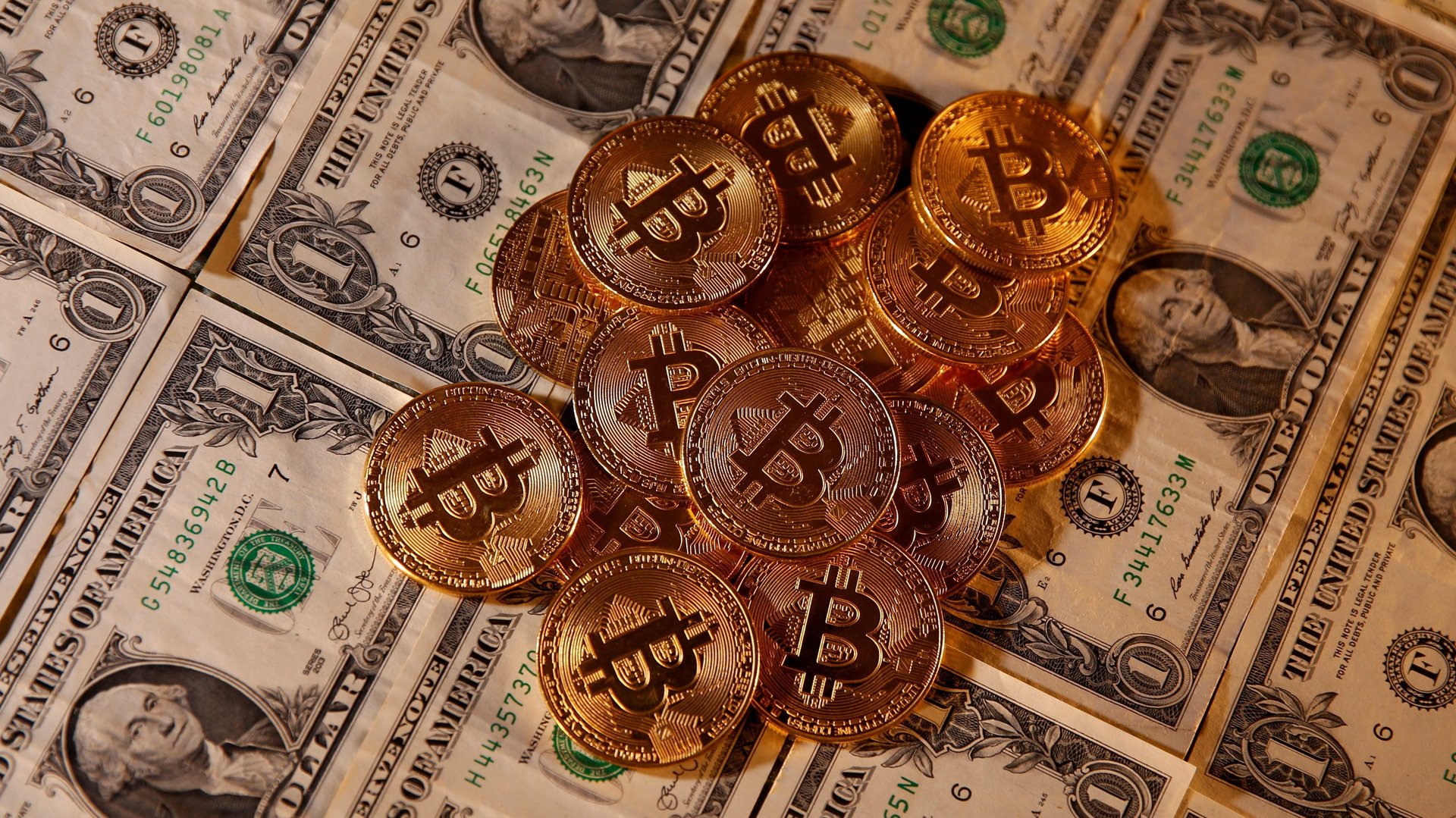The world’s largest crypto exchanges have invested in India despite unfriendly policies
India has never been kind to cryptocurrencies, yet global investors have made huge bets on the country’s digital coin ecosystem.


India has never been kind to cryptocurrencies, yet global investors have made huge bets on the country’s digital coin ecosystem.
In November 2019, Binance, the world’s largest cryptocurrency exchange by trade volumes, acquired WazirX, an Indian exchange, and last year, another Indian exchange, CoinDCX, secured financing from Seychelles-based BitMEX and San Francisco-based giant Coinbase.
These investments happened despite the fact that for around two years starting April 2018, financial institutions in India were restricted from providing services to crypto exchanges and their customers due to a Reserve Bank of India (RBI) order. This ban forced at least two crypto exchanges to shutter. And even now, crypto exchanges in India are functioning without the services of banks.
But experts believe such investments are likely to continue coming into India.
“There is an increasing trend of foreign cryptocurrency exchanges investing in Indian cryptocurrency exchanges. It’s because India has a population of 1.39 billion that is predominantly young which is seen as tech-savvy and more adaptable to crypto saving,” said Harish BV, co-Founder, Unocoin, which has a userbase of 1.3 million in India. The median age of Indians is between 28 and 29 years.
India’s cryptocurrency policy flip-flop
In 2018, India’s then-finance minister Arun Jaitley had dealt a death blow to the future of cryptocurrencies in the country. “The government does not recognise cryptocurrency as legal tender or coin and will take all measures to eliminate the use of these crypto-assets in financing illegitimate activities or as part of the payments system,” Jaitley had said. Such remarks, coupled with the RBI ban, nearly drove the Indian crypto ecosystem to death.
But in March 2020, when India’s apex court set aside RBI’s circular and allowed financial institutions to engage in digital coin transactions, investors returned to the market with a vengeance.
Within weeks of the RBI ban lifting, trading volumes and new sign-ups on crypto exchanges went up multifold. Since then, the volumes and userbase of these exchanges have expanded each month.
“We have been receiving investments consistently since our inception three years back. Investors trust us despite the policy uncertainty. They have seen, how we as a leading player in the industry have grown, and above all the Indian market does offer a lucrative proposal for any investor,” said Sumit Gupta, CEO and co-founder of CoinDCX.
Experts assert that the demand for cryptocurrencies is booming and the untapped market potential is vast.
“While there is no official data on the number of crypto investors in India, exchanges like WazirX estimate that 7-8 million investors are holding over $1 billion in crypto investments. Industry estimates suggest a potential investor base of upwards of 100 million. The sheer size of the Indian market makes it an attractive option,” said Nicklas Nilsson, senior analyst at GlobalData.
Why Coinbase and Binance invested in India
Besides the huge growth potential, what is driving investments into India is the huge cash reserves that global crypto exchanges hold.
Rising revenues and investor financing mean that global giants are flush with cash, which they are using to expand into newer markets and take advantage of various trends in the cryptocurrency space.
“Cash-rich crypto platforms are capitalising on the rising buzz surrounding cryptocurrencies, stable coins, decentralized finance, non-fungible tokens, and more. The shopping spree by the large crypto exchanges is fueled by the eye-popping run for bitcoin and the wider crypto universe. Along with this, there is a desire, and ability, to improve its underlying infrastructure,” said Nilsson, adding that this will continue in 2021.
So it seems whether the Narendra Modi government can make up its mind about crypto or not, the global crypto ecosystem is willing to commit to a long-term relationship with their Indian peers.